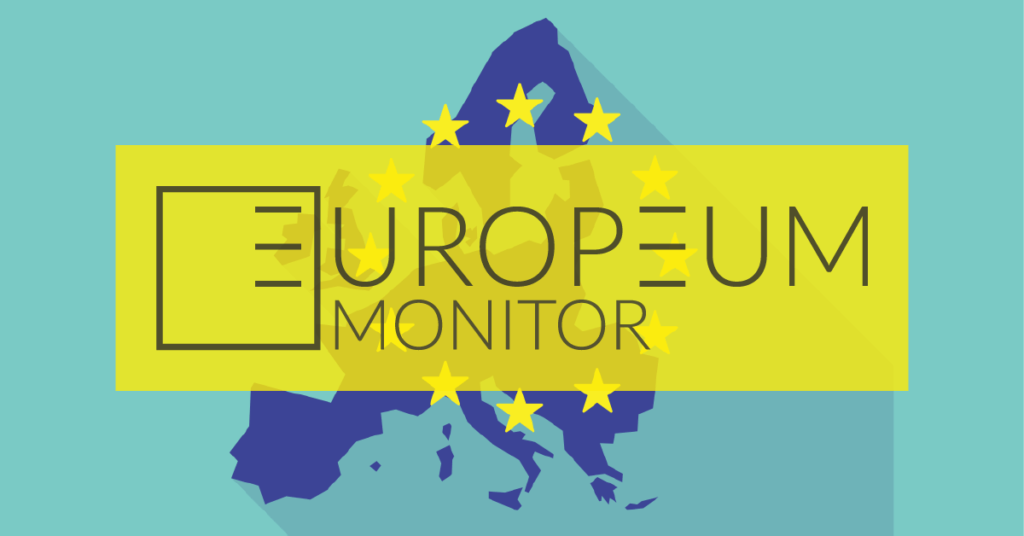EU MONITOR: European Sovereignty in Central Europe Ahead of the Conference on the Future of Europe

You can view the whole publication here and download the PDF file on the right side of this article.
- “Is Europe sovereign?” is one of the main questions in the current political debate in the EU. In Central Europe, the issue remains divisive and thus poorly understood. It is highly relevant for the 2020 Conference on the Future of Europe announced by the incoming new European Commission President. This paper aims to offer a new look at the very concept of sovereignty, describing the European Union as double-edged political construction with a double source of legitimacy: a Union of States and a Union of Citizens. The European sovereignty is related to the added value otherwise not obtainable by the European Union citizens and states, in terms of public goods, rights and values.
Ever since President Emmanuel Macron of France delivered his speech about the European sovereignty in 2017 , the pan-European discourse on the topic has shifted. Many leaders have been using the term, including President Jean-Claude Juncker and Frederica Mogherini, the EU’s High Representative for Foreign and Security Policy. Still, in Central Europe the term “European sovereignty” is often met with misunderstanding, apprehension and confusion. Emmanuel Macron’s vision of a European sovereignty is that it complements the national one. The Macron argument stems from a deeper understanding on what the nation state is and what purposes it serves in the modern world. “Only Europe can [...] guarantee genuine sovereignty or our ability to exist in today’s world to defend our values and interests”. Macron complements that European sovereignty “requires constructing” and outlines the areas where Europe can claim its sovereignty: security, migration, cooperation with Africa, sustainable development, the digital revolution and the EU's economic and monetary clout in the world.
In Poland the discussion is one-sided. The EU is a union of states and only states can be sovereign. Most constitutional lawyers argue sovereignty belongs purely to the states and no other subject of international relations can claim sovereignty. The debate can be best summed up by a popular public figure and a scholar, professor Marek Cichocki, who wrote in his commentary to the President Macron idea in 2018: “For many, maybe apart from a few old-fashioned federalists who have survived to our times, the combination of Europe and sovereignty causes a great embarrassment. Especially in the case of the EU, the idea of a sovereign Europe is absurd” . Jacek Czaputowicz, Poland’s foreign affairs minister and a scholar, authored a book on sovereignty of the state . As a minister, he has commented the French initiative: “Sovereignty is the ability of the state to decide its fate” and contemporary Poland is fully sovereign. On the one hand, to the allegations that the EU membership corrupts the national sovereignty the minister replied: “If we definesovereignty as the state’s ability to act in order to fulfil its national interest, then membership in the EU or NATO does not have to mean a limitation of sovereignty; it is about execution of sovereignty”. On the other hand, referring to the statement by president Macron about “a sovereign Europe”, minister Czaputowicz concluded “since sovereignty is the supreme authority that has no other authority over itself, then the effect of a sovereignty of Europe would be, for example, no sovereignty of France” .





